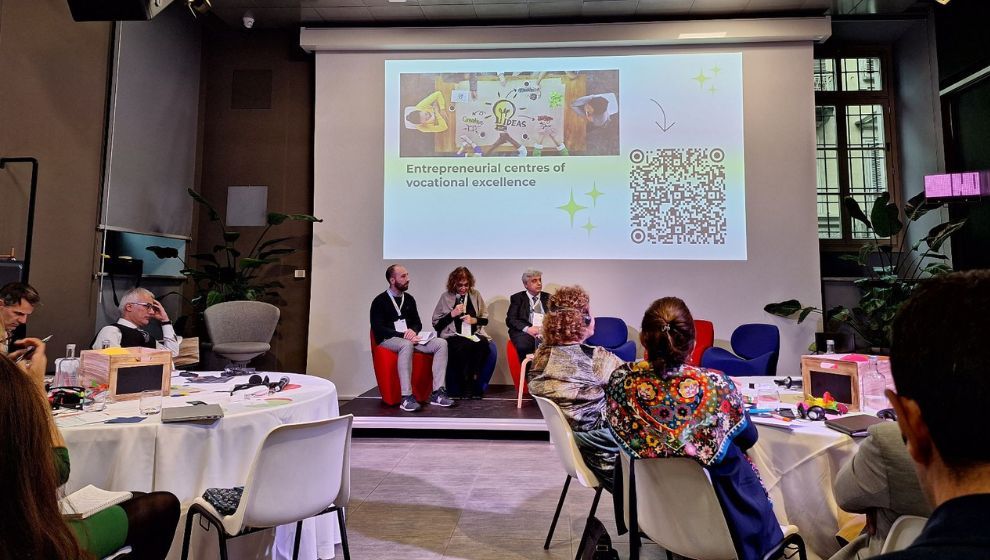Supporting un-accompanied children with Family-based care and Enhanced protection
Name/Title: Conference – Keep them Safe: Supporting unaccompanied children with family-based care and enhanced protection
Executive Summary – Overview
SAFE Youth’s ‘Keep them Safe’ Conference capped off the excellent work carried out by the project bringing to the fore present realities and structured responses to effectively support unaccompanied minors and children. The Conference featured influential speakers offering diverse perspectives on this important topic and served as a unique opportunity to illustrate the work and products of the project in its bid to support and empower frontline professionals, foster carers and caretakers.
Background – General
Recognising the moral imperative to offer holistic support to unaccompanied migrant minors and to ensure that they are protected and aided to navigate the challenges they come across in their host country, SAFE sought to make a tangible contribution in enhancing family-based care. Through a comprehensive and structured action plan, the project developed learning materials and offered training opportunities to support frontline practitioners and professionals as well as carers to attain essential knowledge and skills to provide quality family-based care. Additionally, SAFE worked towards raising awareness and advocating for the introduction of structured national support systems and policies to safeguard the rights and further the provision of holistic sustenance to unaccompanied minors and refugee children.
Solution – CARDET Focused
Joining forces with Hope for Children – CRC Policy Center, CARDET organised a full-day Conference to present and examine present realities and challenges, as well as proposed policies and steps to effectively support unaccompanied minor migrants. Featuring presentations and panel discussions, the Conference provided experts and practitioners a unique opportunity to acquaint themselves with the work and tools produced by the project, as well as engage with different perspectives on the realities and necessary steps in the field.
Specifically, through the workings of the Conference, the team of CARDET presented the key findings and showcased the outcomes and achievements of the SAFE project in Cyprus and in all the implementing countries. They also facilitate two panel discussions with the participation of key stakeholders and practitioners from government institutions, international entities and children rights organisations:
- Panel Discussion 1: ‘Supporting unaccompanied minors: Realities and Needs’
- Panel Discussion 2: ‘The realities and challenges of supporting the inclusion of unaccompanied minors in Cyprus’
Through the workings of the conference, participants also had the chance to raise questions, voice their views and engage in enriching discussions.
Results – Impact
SAFE’s final conference hosted key stakeholders, experts and practitioners in the fields of children rights, migrant inclusion, education and social work as well as members of the general public. Specifically, to address this important matter in a well-rounded manner and spread the message further, the conference concluded the project with:
- Speeches, presentations and discussions with representatives of the Office of the Commissioner for Children’s Rights, the Republic of Cyprus’ Asylum Service, UNHCR Cyprus, Hope for Children CRC Policy Centre, Social Welfare Services and Cyprus’ Pedagogical Institute of the Ministry of Education, Sport and Youth.
- Eighty attendees including front-line workers, carers, practitioners, researchers, educators and stakeholders.
- A screening of the SAFE Documentary and two panel discussions offering a thorough exploration of the issues at hand
- Significant media coverage both prior and after the conference










